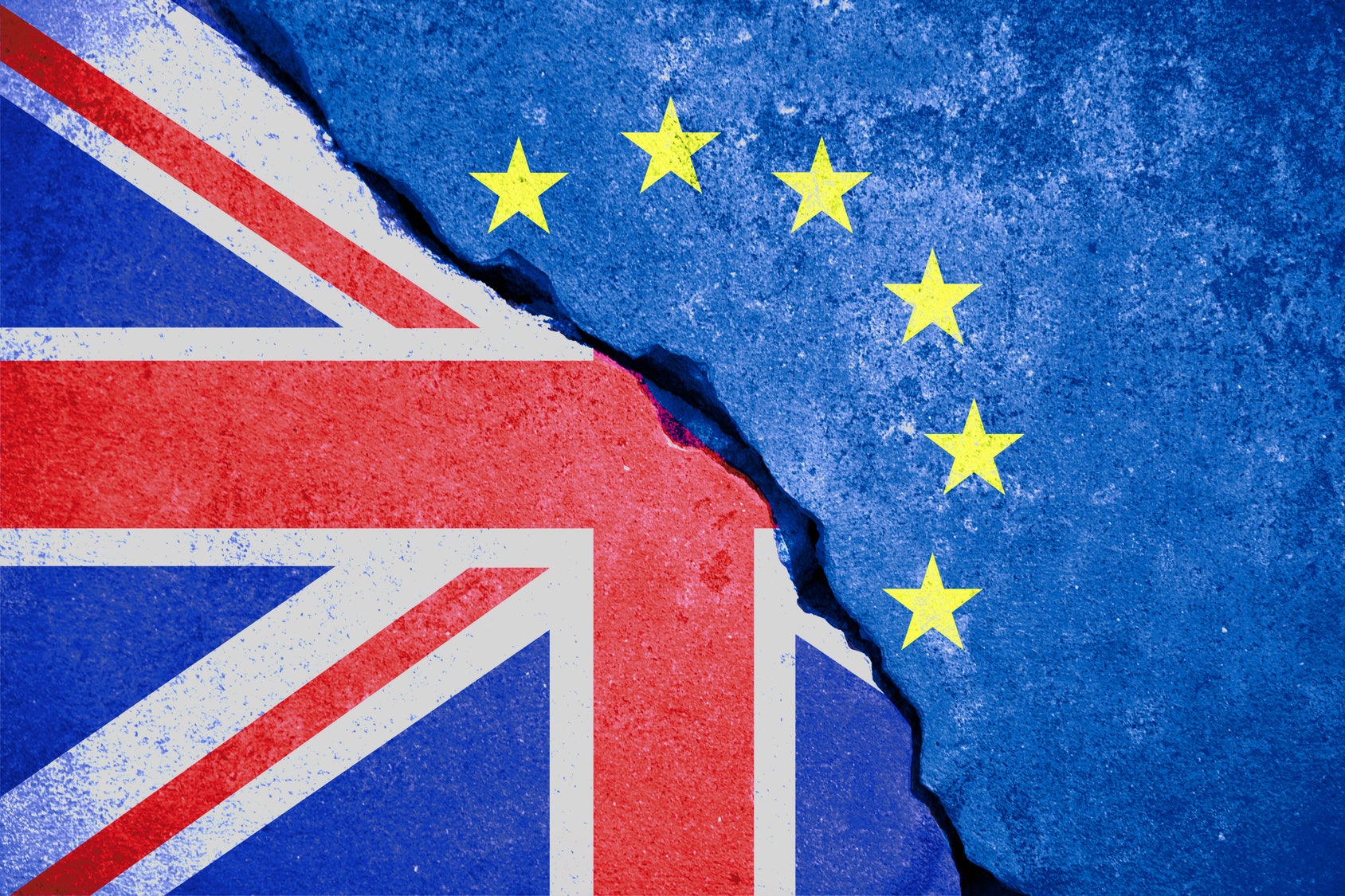This morning, British Prime Minister Theresa May triggered Article 50, instigating Britain’s official exit from the European Union (EU). This means the UK must now negotiate the final terms of its exit by no later than April 2019. For international compliance specialists, questions are mounting over what ‘Brexit’ will mean for the UK regulatory landscape once the split is finalized. Some of these questions include:
Key Questions:
- Will British and EU laws remain largely uniform post-Brexit?
- What significance will EU materials management regulations such as REACH and RoHS have in the wake of Brexit, and how will ownership of existing regulatory data be managed?
- How will supply chain due diligence need to be modified in order to remain compliant with both EU and UK regulations?
New Models for the Post-Brexit EU-UK Relationship
Before delving too far into these complex questions, it is important to note that the nature of Britain’s regulatory environment in the wake of Brexit will largely depend on the way it negotiates its relationship with the European Union over the upcoming two-year negotiation period.
There are a few possible forms this relationship could take, such as the UK becoming a non-EU member of the European Economic Area (EEA) (as with Norway) or the European Free Trade Association (as with Switzerland). Other options include signing a bilateral trade agreement with the EU (the ‘Canadian’ model), or simply dealing with the EU under World Trade Organization (WTO) rules.
Now that the UK parliament has given approval for the Prime Minister to commence withdrawal negotiations, we can expect the UK’s model-of-choice to become more clear in the coming months.
New Model, New Challenges
If the Norwegian approach is taken, the majority of EU regulations will still apply to the UK. This is because countries in the EEA are still subject to the EU’s chemical laws, such as the EU REACH regulation. This would effectively mean there would be little to no change for the chemicals industry or the need for article manufacturers to make SVHC declarations under this model.
However, should the UK decide to exit the EEA as well or proceed with the ‘Canadian’ or ‘WTO’ models, the UK will emerge as its own regulatory environment for which unique rules and requirements will emerge, as with any other separate market. This will likely result in the UK’s adoption of its own product chemicals rules similar in nature to those of the EU. Irrespective of how this new market relationship is configured, UK businesses will still be required to comply with EU product rules in order to sell goods in the EU. For this reason, it is likely international companies will push for the UK to maintain domestic rules that largely mirror those of the EU to ensure market stability and predictability in the post-Brexit environment.
Materials Management: Data Ownership and Transfer
Some observers note that an EU exit – and the possibility of an EEA exit – would create problems for the transfer of EU-based regulatory data to UK databases. While the UK government has noted it will transpose the bulk of EU law into British law once it leaves the regional body, trade organizations and the Chemical Industries Association (CIA) have raised questions about whether ownership restrictions on EU data (such as the 5,000+ registrations made by British firms under the REACH regulation) will prevent this previously-submitted data from being transferred to UK databases.
In the reverse, there is also uncertainty over the kind of process that will need to be established to facilitate ongoing EU market access for British firms without the need for companies to re-register substances under REACH. Although the majority of trade bodies are in favor of the UK remaining part of chemical regulations like ‘REACH’, the CIA says the government now realizes that some aspects of REACH may be inoperable without significant change once the UK exits the EU. Nonetheless, such a change would not occur immediately given the two-year timeline of the UK’s exit, so for now companies should continue working to meet their EU REACH, RoHS and other regulatory obligations.
Ethical Sourcing: Continued Corporate Obligations
Given the main ethical sourcing regulations in effect in the UK are domestic rather than at the EU level, corporate obligations in this field will remain largely the same post-Brexit. For example, anti-bribery and anti-corruption (ABAC) laws in the UK will remain unchanged, as the UK Bribery Act of 2010 is independent of the EU. With respect to anti-human trafficking (AHT) laws, the Modern Slavery Act, introduced in 2015, only extends to England and Wales, and will therefore be unaffected by Brexit.
Furthermore, EU companies whose supply chains extend to the UK will remain in scope of the regulation. The impact of the proposed EU Conflict Minerals Rule is somewhat uncertain. However, when the rule does come into effect, UK companies will be obliged to meet its requirements until the withdrawal is complete.
Moving Forward
In the post-Brexit environment, the UK regulatory landscape is set to undergo some significant changes in the field of materials management. Specifically, important questions over the ownership and transfer of REACH data and data privacy protections will need to be answered to ensure a smooth transition to the new status quo. For ethical sourcing, the changes are expected to be less severe given the majority of ABAC and AHT laws that affect companies are UK-based rather than EU-based.
Another important question will be whether the UK will work closely with the EU institutions and agencies responsible for managing and interpreting regulatory requirements. If not, the UK becomes another regulatory market requiring its own analysis and understanding as with any other separate market.
The Assent Advantage
Despite these often-confusing regulatory upheavals, the Assent Compliance Platform (ACP) remains the most comprehensive compliance automation and data management solution on the market, able to meet and adapt to changing regulatory requirements around the world. Assent empowers companies by streamlining data collection and offering the most complete and accurate reporting system, ensuring all due diligence requirements are met as regulations continue to evolve.
Assent is closely monitoring the effects of Brexit on the EU and UK compliance landscapes. Our Knowledge Center has a wide range of eBooks, whitepapers, webinars and more to help you learn more about major EU restricted substances regulations, such as the REACH regulation.










